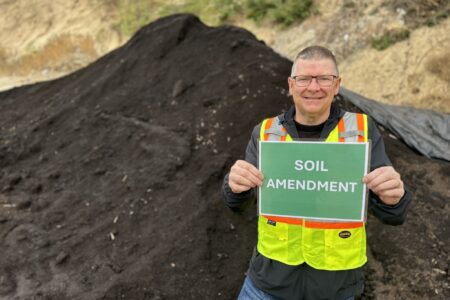Ombudsperson report — Youth in custody at risk due to ministry inaction
The BC Ombudsperson has identified a serious lack of progress by the Ministry of Children and Family Development on a 2021 Ombudsperson report with troubling findings about separate confinement of youth in custody centres.
“The ministry’s inaction continues to expose vulnerable youth in its care to the risk of significant harm from separate confinement, especially Indigenous youth,” said Ombudsperson Jay Chalke.
“The ministry must do better. MCFD’s failure to recognize the urgency of making these matters a priority is unacceptable and damaging to public
trust.”
The 2021 report, Alone: The Prolonged and Repeated Isolation of Youth in Custody, examined instances of separate confinement in youth custody between 2017-2019, the longest of which were for 31, 41 and 47 consecutive days.
One youth was separately confined for 78 days in an 81-day period.
Today’s report assesses only three of the 26 recommendations made in 2021 as fully implemented by the ministry. Eight recommendations were assessed as partially implemented or ongoing.
There is no progress to date on the remaining 15 recommendations.
“At the time of the report’s release, MCFD was clear in its commitment to implement every recommendation, including the essential aspect of improving oversight of separate confinement,” Chalke said.
“To say I am disappointed is an understatement.
“I am calling on the ministry to account for and address its delay in meaningfully implementing the recommendations, in order to ensure more humane treatment of youth remanded while awaiting trial or serving a custodial sentence.”
The main difference between the Ombudsperson’s 2021 recommendations and MCFD’s response at the time was that the ministry committed to a longer implementation period.
However, Chalke noted that “the ministry has so neglected this issue, they’ve been unable to meet even their slower pace of implementation. This should be cause for embarrassment.”
Chalke said that by their nature, custody centres are closed environments where little is known publicly about their operations. Youth in custody who are further isolated through separate confinement are placed very far out of the sight of justice.
Protecting the rights of these youths is challenging but extraordinarily important, adding that Indigenous youth continue to be disproportionally exposed to the risk of psychological harm caused by this ongoing practice.
The 2021 report highlighted concerns such as:
- prolonged isolation was most commonly used in responding to suicidal or self-injuring youth
- prolonged isolation periods were experienced almost exclusively by Indigenous and racialized girls
- separately confined youth had limited and inconsistent access to educational, mental health and cultural supports
- in several cases youth were subject to repeated use of force and forcible removable of clothing
“There are fewer youth in custody now than in 2021, so making these changes should be easier, not harder,” Chalke said.
“For these youth, the potential for harm is so significant that change cannot wait any longer.”
























